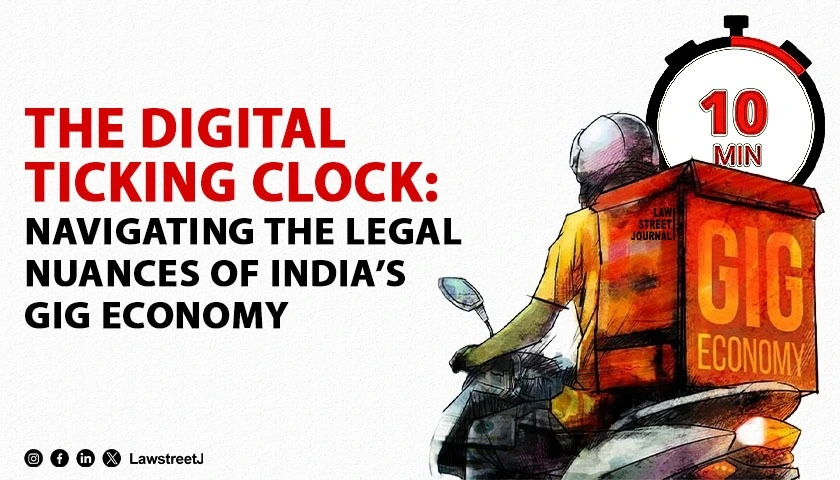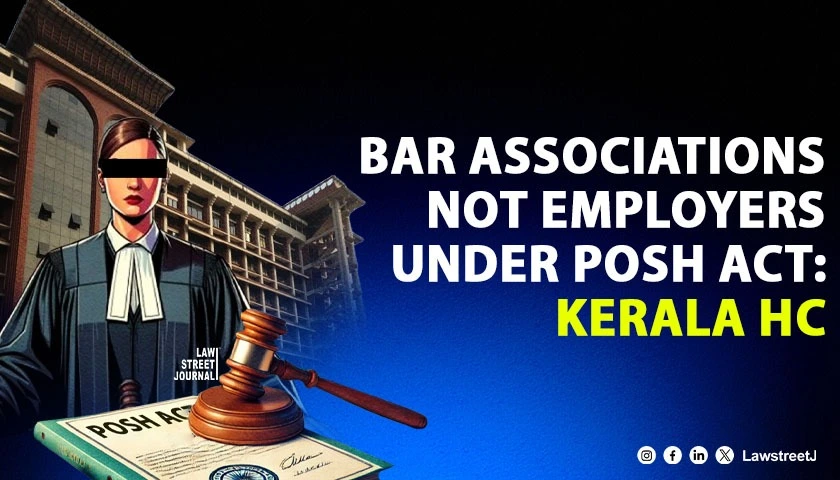NEW DELHI: The Supreme Court on Monday issued notice to the Centre and the Election Commission on a plea challenging validity of Section 62(5) of the Representation of the People Act, 1951, which deprived prisoners of their right to vote.
A bench of Chief Justice U U Lalit and Justices S Ravindra Bhat and Bela M Trivedi sought a response from the Centre and the EC on the petition filed by Aditya Prasanna Bhattacharya, a law student.
The petitioner represented by advocate Zoheb Hossain on behal sought a declaration that Section 62(5) of the Representation of the People Act, 1951 was ultra vires of the Constitution for being violative of the fundamental right to equality under Article 14 and the constitutional right to vote under Article 326 of the Constitution.
The plea also sought a direction to the Election Commission to take all necessary steps to give effect to the right to vote for prisoners.
The plea said use of excessively broad language caused the provision to generate several anomalous and shocking consequences. The plea, filed in 2019, contended that the provision, used the yardstick of confinement in a prison to disenfranchise persons without making any reasonable classification.
In addition to convicts, sentenced to a particular period of imprisonment, even undertrials, whose innocence or guilt has not been conclusively determined, are deprived of their right to vote, as they too are confined in prison, although they have not been sentenced to imprisonment," the plea said.
The petitioner further claimed even those detained in civil prison are deprived of their right to vote as there is no reasonable classification based on the purpose of the imprisonment.
The provision operates in the nature of a blanket ban, as it lacks any kind of reasonable classification based on the nature of the crime committed or the duration of the sentence imposed which is an anathema to the fundamental right to equality under Article 14," the plea said.
It also said barring a person who is imprisoned from exercising their franchise has no effect whatsoever on the decriminalisation of politics. Thus, if decriminalisation of politics is assumed to be the object sought to be achieved, then the impugned section bears no reasonable nexus to the same.








